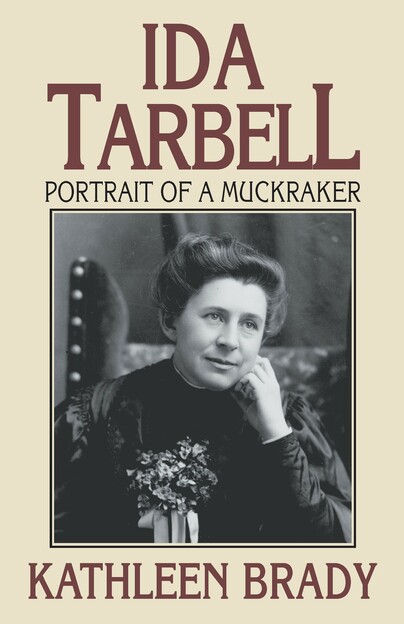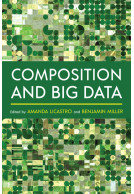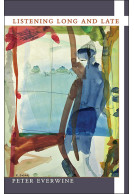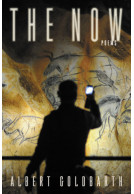Ida Tarbell (Paperback)
Portrait of a Muckraker
Imprint: University of Pittsburgh Press
Pages: 296
ISBN: 9780822958079
Published: 21st September 1989
Script Academic & Professional
Pages: 296
ISBN: 9780822958079
Published: 21st September 1989
Script Academic & Professional
This book will be reprinted and your order will be released in due course.
You'll be £24.00 closer to your next £10.00 credit when you purchase Ida Tarbell. What's this?
+£4.99 UK Delivery or free UK delivery if order is over £40
(click here for international delivery rates)
Order within the next 5 hours, 50 minutes to get your order processed the next working day!
Need a currency converter? Check XE.com for live rates
(click here for international delivery rates)
Order within the next 5 hours, 50 minutes to get your order processed the next working day!
Need a currency converter? Check XE.com for live rates
In this first definitive biography of Ida Tarbell, Kathleen Brady has written a readable and widely acclaimed book about one of America’s great journalists.Ida Tarbell’s generation called her “a muckraker” (the term was Theodore Roosevelt’s, and he didn’t intend it as a compliment), but in our time she would have been known as “an investigative reporter,” with the celebrity of Woodward and Bernstein. By any description, Ida Tarbell was one of the most powerful women of her time in the United States: admired, feared, hated. When her History of the Standard Oil Company was published, first in McClure’s Magazine and then as a book (1904), it shook the Rockefeller interests, caused national outrage, and led the Supreme Court to fragment the giant monopoly.A journalist of extraordinary intelligence, accuracy, and courage, she was also the author of the influential and popular books on Napoleon and Abraham Lincoln, and her hundreds of articles dealt with public figures such as Louis Pateur and Emile Zola, and contemporary issues such as tariff policy and labor. During her long life, she knew Teddy Roosevelt, Jane Addams, Henry James, Samuel McClure, Lincoln Stephens, Herbert Hoover, and many other prominent Americans. She achieved more than almost any woman of her generation, but she was an antisuffragist, believing that the traditional roles of wife and mother were more important than public life. She ultimately defended the business interests she had once attacked.To this day, her opposition to women’s rights disturbs some feminists. Kathleen Brady writes of her: “[She did not have] the flinty stuff of which the cutting edge of any revolution is made. . . . Yet she was called to achievement in a day when women were called only to exist. Her triumph was that she succeeded. Her tragedy ws that she was never to know it.”
Other titles in University of Pittsburgh Press...















